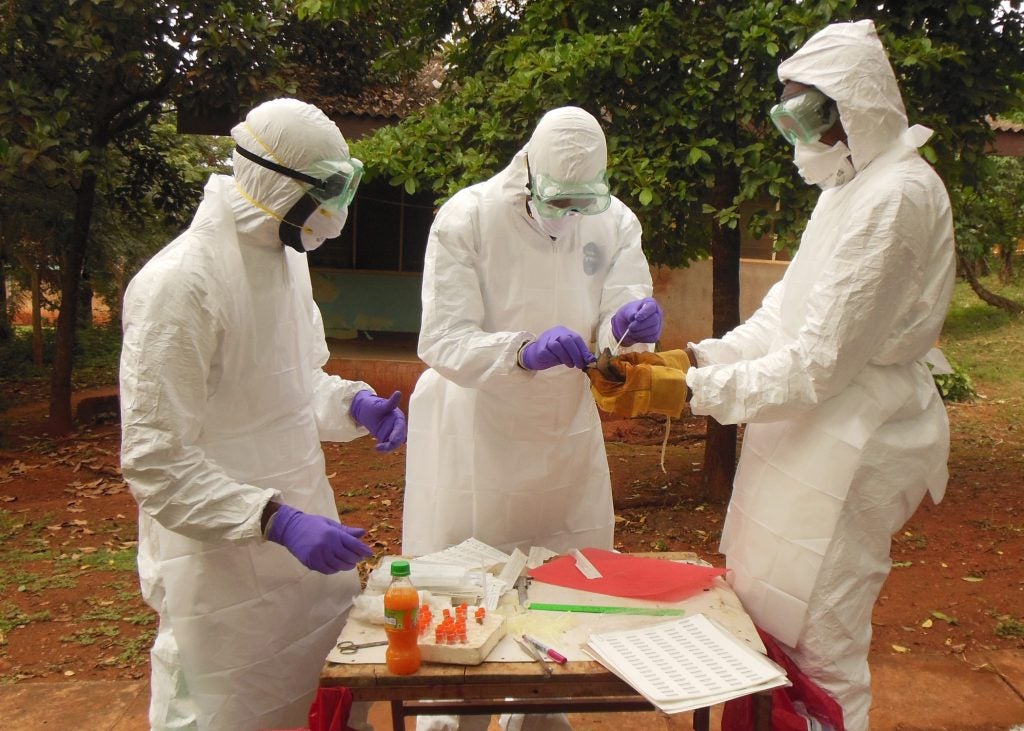“Synergy is what happens when one plus one equals ten or a hundred or even a thousand! It’s the profound result when two or more respectful human beings determine to go beyond their preconceived ideas to meet a great challenge.” —Stephen Covey
When the U.S. Senate declared January “One Health Awareness Month,” they may not have had the current coronavirus epidemic or Australia’s wildfires on their minds. However, these crises provide dramatic illustration of the need for a more comprehensive One Health approach to solving our complex environmental and health problems. One Health Awareness Month has passed, but it’s important to keep advocating year-round for the One Health approach.
One Health recognizes the interconnections between people, animals and their shared environment, and uses collaborative approaches to achieve optimal health outcomes that benefit them all. Traditionally, our society has worked in silos to try to solve individual issues; with a One Health approach, shared goals and knowledge are central to addressing big picture problems.
 At the UC Davis School of Veterinary Medicine, we’ve seen important results from One Health approaches that would not have been achieved otherwise. Our One Health Institute has been working with the United States Agency for International Development to understand what leads to human pandemics. Pandemic diseases tend to be zoonotic in nature, so having veterinarians, public health workers, physicians, and scientists working collaboratively has yielded important results like finding the Marburg virus and a novel ebolavirus in new locations. By identifying these potential pandemic threats in animal populations, we are helping to prevent them from jumping to humans.
At the UC Davis School of Veterinary Medicine, we’ve seen important results from One Health approaches that would not have been achieved otherwise. Our One Health Institute has been working with the United States Agency for International Development to understand what leads to human pandemics. Pandemic diseases tend to be zoonotic in nature, so having veterinarians, public health workers, physicians, and scientists working collaboratively has yielded important results like finding the Marburg virus and a novel ebolavirus in new locations. By identifying these potential pandemic threats in animal populations, we are helping to prevent them from jumping to humans.

